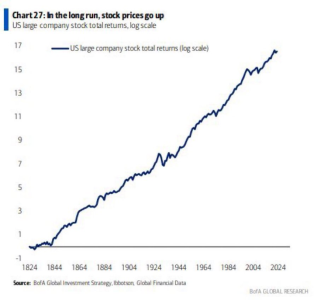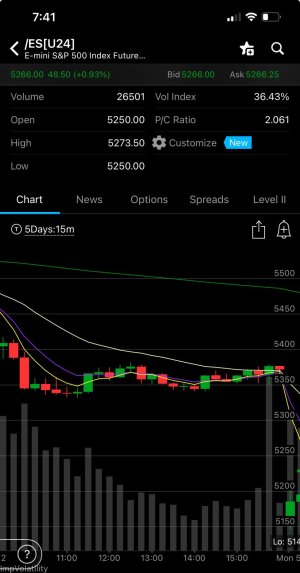Tax is definitely a consideration.
Things you should be thinking about / checking / doing (I am a CPA but tax is not what I do on a daily basis, so I am not the end all be all on this topic:
If you're investing personally (i.e. non Roth account) --
1) Know how your basis relief is set up - default for most is "FiFo" which simply means, first in first out. So if you don't completely exit a position, then your tax basis for reporting purposes could result in different gains/losses. This can be changed, but you have to request it.
2) If you're not holding these positions over a year ("long term") then you're subject to different tax rates. Those tax rates changed recently and if you're trading positions in under a year ("short term") then the rates are higher and considered 'ordinary'. Ordinary rates are based on your tax filing status and income bracket.
3) IF you're truly "trading" and in and out of the same names, the concept of "wash sales" becomes relevant - think a buy/sell then repurchase/sale of the same security (substantially the same) within 30 days.
4) If you have losses, you can offset gains with those losses but there are limitations. Note - you can't deduct investment losses against unrelated income (i.e. your wages).
You will get a 1099 from your brokerage account (again, non IRA/Roth IRA) and keeping good records is key. I set up a Google Doc to supplement my trade confirmations/broker confirms too so I'm up to date and can identify any issue. This becomes very important for a tax deferred retirement account (i.e. not a Roth) because you'll want to maintain long-term status but know your lots, etc.
Understand why taxes are lower on "qualified dividends," and how asset placement and tax-loss harvesting can reduce your tax burden.

www.investopedia.com
I'm sure there's more that's not on the top of my mind...feel free to ask away and I can answer best I can.





































